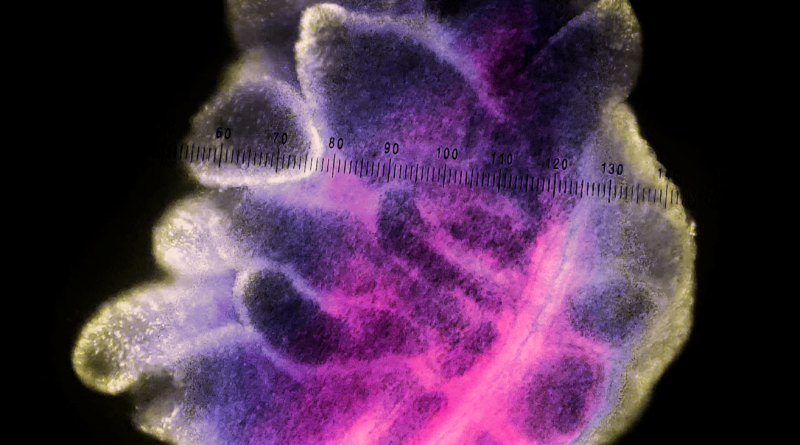CRASH Talk: The ecological role of marine fungi in invertebrates
When: 2-3pm Saturday February 18th
Where: https://meet.google.com/vir-pfjy-uzp
Marine fungi, especially those associated with coral, sponges and other invertebrate hosts are known to produce countless bioactive molecules. Fungal-derived pharmaceuticals are an exciting, growing field with novel compounds displaying activity against bacteria, viruses, tumors and much more.
However, the ecological role of marine fungi in invertebrates remains unexplored and is a crucial consideration during natural product discovery as some compounds may only be produced in symbiosis with a host. Join me as I discuss a research detour that led to the isolation of two marine fungal associates of the anemone, Aiptasia and our current efforts to decipher the role of fungi in the cnidarian holobiont.
About Emily: Emily is an NSF fellow, working on her doctoral dissertation in the Cnidarian Evolutionary Ecology Lab (CEE) at the University of Southern California. She holds an A.A.S in Chemical Technology and a B.Sc. in Microbiology. Her research interests are driven by an insatiable fascination with host-microbe interactions. Previously, Emily explored the ecological persistence of bacteria as potential biomarkers, useful for coral reef conservation and management. Currently, she investigates mutualisms between marine bacteria, fungi, algae and the cnidarian anemone, Aiptasia.
About CEE, University of Southern California: CEE lab explores how ecological interactions lead to different phenotypes in cnidarians (primarily, corals and anemones). The lab uses field experiments, ecophysiology, genomic analysis and microbial surveys to explore phenotypic variation and resilience. Additionally, the lab is interested in developing scientific tools for coral reef conservation/ management.


